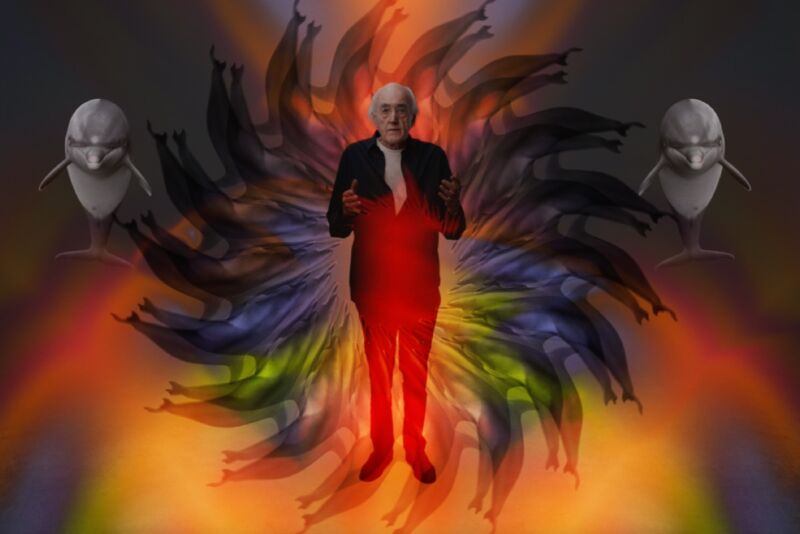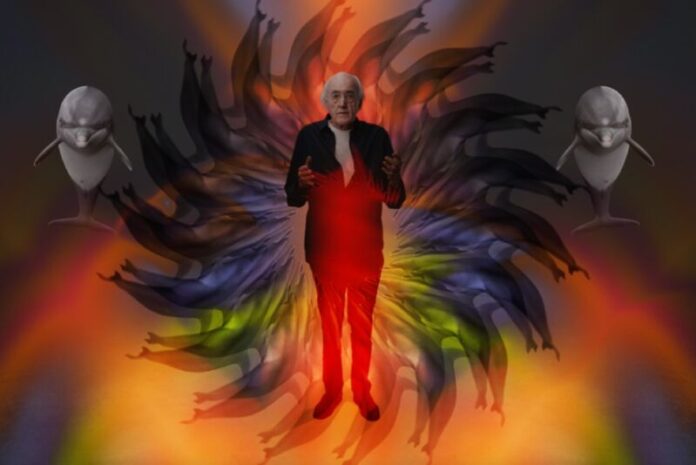
Enlarge / Host James Burke returns for a reboot of his classic science series Connections on Curiosity Stream. (credit: Curiosity Stream)
Some 15 years ago, a friend recommended I check out a vintage BBC science documentary series called Connections: "I just think it will resonate with how your mind works." He was right. I was immediately hooked and devoured every available episode, following host James Burke down countless fascinating historical rabbit holes before arriving at an unexpected final destination—although in retrospect, the haphazard journey somehow made perfect sense. Connections was the science documentary series for compulsively curious people who weren't necessarily drawn to more traditional science and nature documentaries. And now Burke is back and better than ever with six new episodes of a rebooted Connections, thanks to the folks at Curiosity Stream.
The series had been around for decades before I made my belated discovery. The BBC first aired Connections to the UK back in 1978, expanding to the US the following year. Produced and directed by Mick Jackson, each episode would start with some past innovation or event—the invention of the cannon and subsequent changes to castle fortifications to eliminate blind spots, for example. Then Burke would spend the remainder of the episode tracking a path through a series of seemingly unrelated events—maps, limelight, incandescent bulbs, substituting guncotton for ivory in billiard balls, the zoopraxiscope, the telegraph—to demonstrate how they all connected to produce a modern-day breakthrough: the movie projector.
Much of the delight came from all those surprising and unexpected connections. But Burke also had an overarching philosophy about the nature of change and innovation, arguing that rather than progress occurring in a conventional linear fashion, it occurred nonlinearly via an intricate web of interconnected events. In short, one simply could not understand a new modern scientific breakthrough or technology in isolation. That's why the series was subtitled "An Alternative View of Change."
Read 29 remaining paragraphs | Comments
Ars Technica - All contentContinue reading/original-link]




